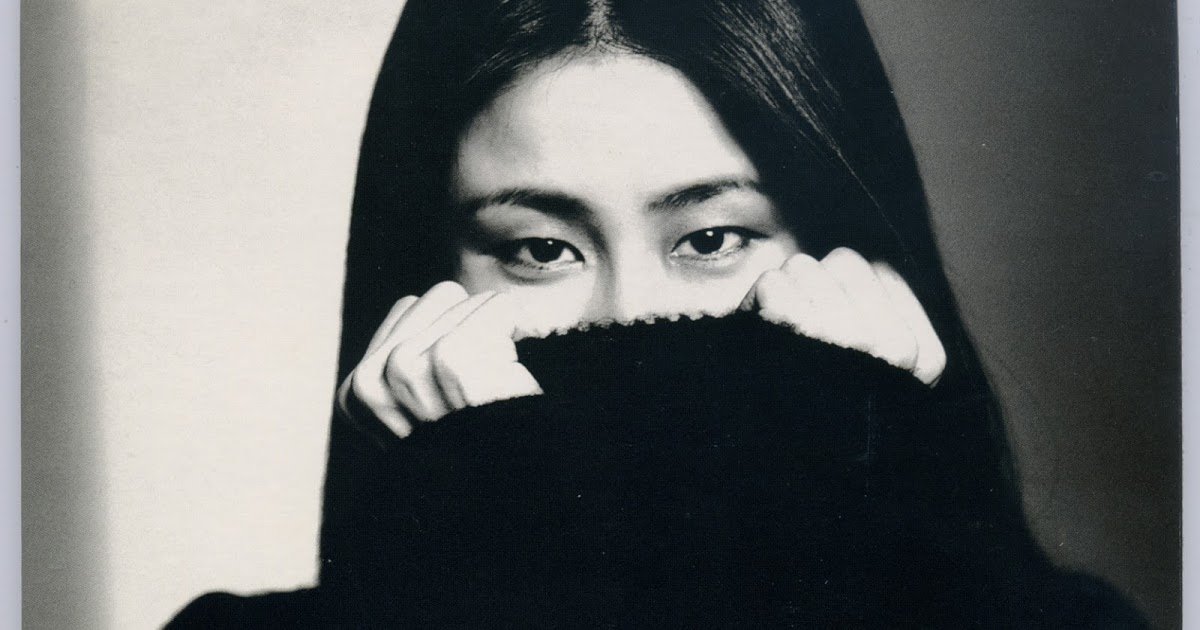Japanese City Pop, an AOR/Disco/Funk/Jazz fusion genre that beamed out of the car stereos of inner-city Japan throughout the ’80s, existed as the soundtrack to the dream-like, optimistic state that the country was enjoying due to the ‘Japanese asset price bubble’- an economic euphoria for Japan existent thanks to its worldwide technological exports throughout the 1970s.
The swinging beats and soft jazzy soundscapes of City Pop set the tone for an interim that although wasn’t to last, existed as a fantastical dream world for a time.
A decade of innovation and forward-thinking that was sonically reconstructed within a reconstituted easy listening genre narrating a hopeful and laid-back ideology set in place by financial security from a surge in advanced Japanese progression.
With its domination of the gaming industry as well inventions like the pocket radio and Walkman having gone global, the highly advanced electronics industry of 1970s Japan had given the next generation a booming economy, allowing them a living standard that most agreed was the best in the world at the time.
During this period, artists like Takako Mamiya (間宮貴子), Miki Matsubara (真夜中のドア), and Taeko Ōnuki (大貫妙子) began creating music that reflected the prosperous cosmopolitan haven that the next generation was currently enjoying thanks to the studiousness of their predecessors. The technical revolution and its lucrative earnings had inspired an ethereal musical discourse of a ‘problem-free’ Japan that was, for the time being, an economically untouchable entity.
The spread of the in-car stereo system during the 1980’s had particularly given City Pop a prominent social platform.
As it was perfect drive-music for nighttime cruising through an eastern urban paradise of technicolor lights, blurring and merging together with the car motions as one gazes out at a view of mesmerizing capitalist billboard art, romanticizing the very unromantic corporate conglomerate culture that had created this dream world of ephemeral promise.
By amalgamating features of various ‘easy listening’ like genres, City Pop oozed a surreal kind of jovialness. Reflecting a serene carefree state, maintaining a narrative of intense future optimism that a child of the ‘Japanese bubble’ may experience when gazing into the hypnotic neon billboards which crowned the futuristic towering skyscrapers of 1980s Tokyo.
A perfect movie scene where one may play Hiromi Iwasakis (岩崎宏美) “Street Dancer” and allow her hypnotic swinging vocals that dance to a mellow funk backdrop to visually manifest a youthful dream born of a moment of in time where wild ambition meets a very euphoric calm.
Whilst ideologically simple and definite, City Pop was an eclectic genre in the construct as its songs could be based upon devices from various western genres of the past.
Things like Swing horns, 4-to-the-floor Disco beats, complex Jazz melodies, Funk syncopations, and string sections could be combined in a number of ways usually with a soft female vocal educing a vivid and mesmerizing vision of the modern paradise that had almost doubled the value of the Yen and created a national adoration of Capitalism.

Money can’t buy you happiness- true, but the monetary surge of 80’s Japan had created a soundtrack visualizing a surreal world where one would think that it does. A trouble-free dwelling for a time, painted by soft sonic sound waves that you can almost hear whispering to you ‘everything is fine and dandy.
Despite fragmentizing western musical styles and stitching them into one, City Pop was a musical style distantly ‘made in Japan’ reflecting the collective consciousness of the hopeful city dwellers looking forward to a continually innovative future.
Unfortunately like all good things must, City Pop, which was of course very much married to Japan’s momentarily thriving economy, came to an end.
The genre faded away with the financial crash of 90s leading to what was known as ‘the lost decade’, a place where City Pop’s dreamy and unwavering optimism had no place. The youth of this new generation was met with a very different ideological world and of course, had no basis to relate to the now obsolete music of their parents’ financially trouble-free youth.
The modernism of the 80s Japan very quickly became the postmodernism of its journey into the ’90s and as the capitalist dream became a memory its soundtrack followed and became the relic of a decade remembered for its now burned-out ambition; the ‘bubble’ had burst and Japan had awakened from its decade long dream into a less care-free reality.

City Pop now inhabits the ‘quirky’ side of the internet amongst a dwelling of alternative genres.
Especially finding a home amongst the eclectic Vaporwave mixes of current on places like YouTube and Soundcloud, a perfect placing as it matches Vaporwave’s atmosphere of nostalgia created through an ironic means of commercial and capitalistic reflections, giving a once displaced genre it a new lease of life.
Now a memory trigger of a dream that was not to last, City Pop exists as an online obscurity however a vivid time reference encompassing a narrative of an entire zeitgeist, reflecting a prominent moment in time waiting to be discovered by those willing to venture deep enough into the alternative realm of the internet and experience the intense atmosphere of Japan’s doomed capitalist romance through a second-hand nostalgia that will transport you to a place of neon colored commercial dreams.
“お金は永続性の木に成長します。”
“Money grows on the tree of persistence.”
-Japanese Proverb












